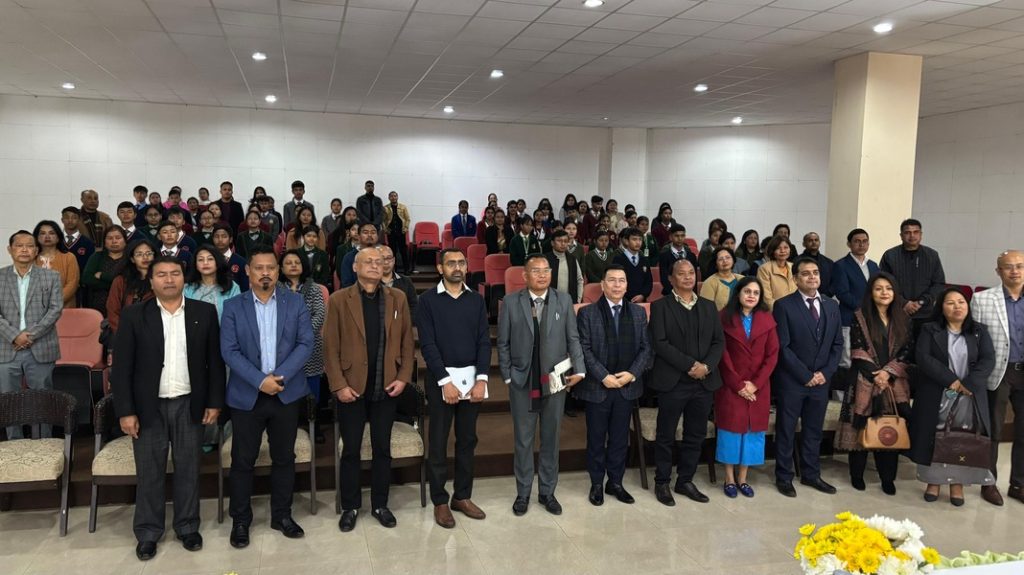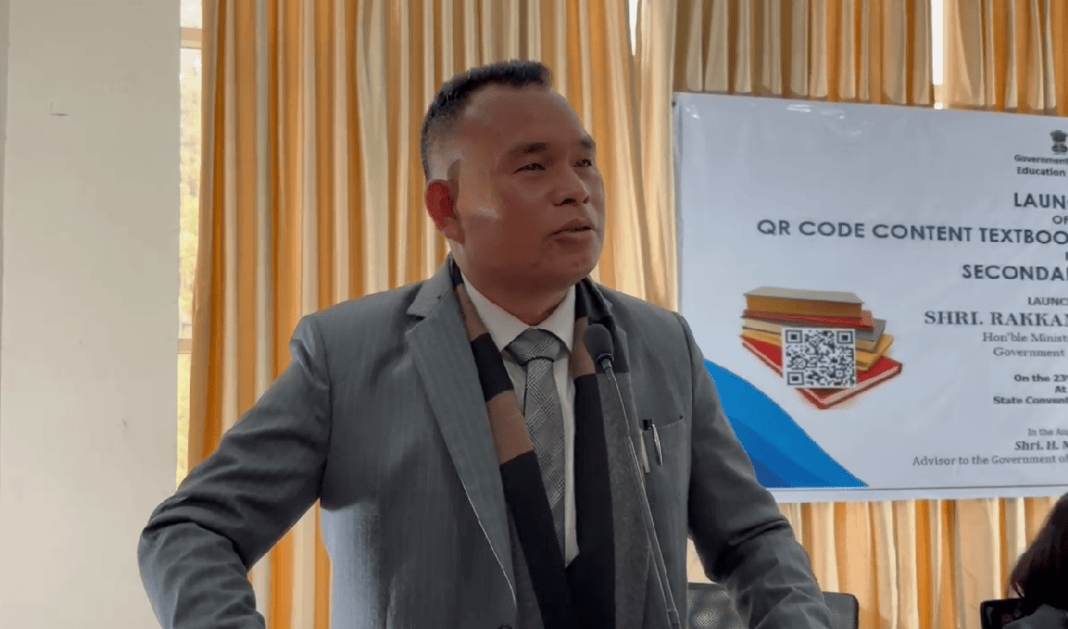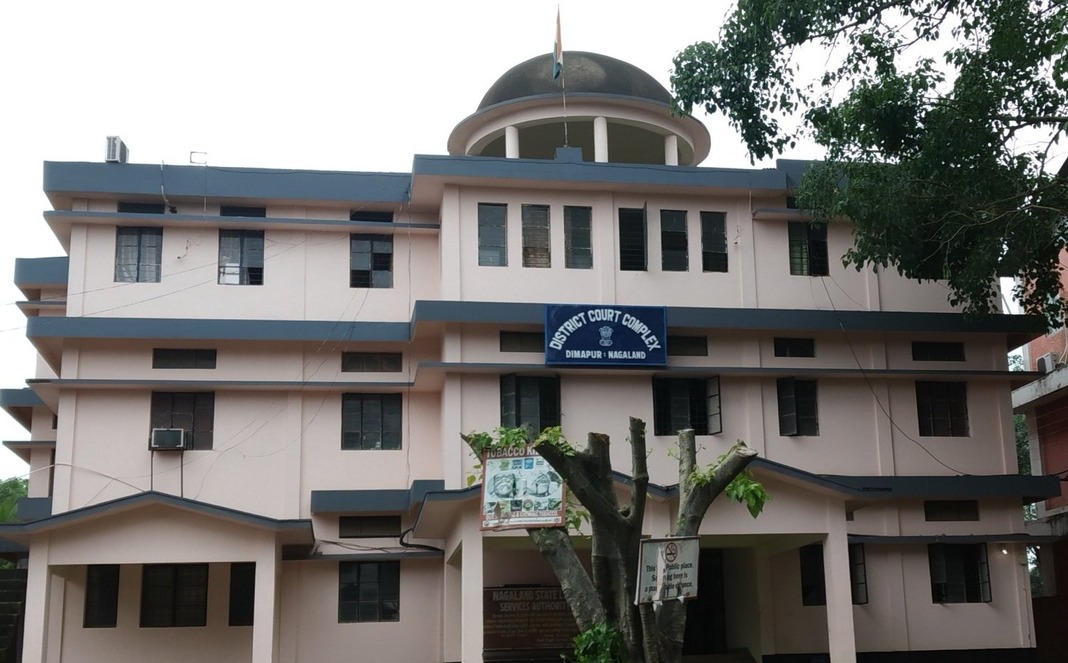Bridging urban-rural divide in education
Shillong, Jan 23: The state education department has launched an ambitious initiative by rolling out QR code-enabled textbooks for Science and Mathematics.
“This is a bold step forward in integrating technology into Meghalaya’s educational framework,” said education minister Rakkam A Sangma at the launch event on Thursday.
By offering students innovative tools to access interactive learning materials this first-of-its-kind initiative in the North East aims at bridging urban-rural divide in education.
Lauding Meghalaya Board of School Education (MBoSE) for spearheading the project, the minister termed it a “small but significant step” in revolutionising education in Meghalaya.
He also shared his own experiments with the QR-code-enabled textbooks, saying, “I’ve learned concepts in Mathematics and Physics through these books that I struggled with as a student.”
“This initiative has the potential to uplift the quality of education, especially in rural areas where resources are often limited. It’s time to accelerate our efforts, or we risk falling further behind,” he said.
The QR Code-Enabled Textbooks integrate traditional teaching with digital learning, granting students and teachers instant access to detailed explanations, interactive videos, and frequently asked questions with a simple scan.

Key stakeholders in the state’s education sector, including Education department advisor HM Shangpliang, Higher and Technical Education director Ambrose Ch Marak, Samagra Siksha state project director Swapnil Tembe, and MBoSE joint director Macdonald Marbaniang also attended the launch of QR-code-enabled textbooks.
Describing the initiative as a landmark in Meghalaya’s education history, Shangpliang said, “For years, rural students have struggled with limited resources. These textbooks are personal tutors, enabling them to learn and revisit lessons at their own pace. This innovation isn’t just about access—it’s about equality.”
The QR code project was developed in collaboration with DeltaStep, a platform specialising in digital education solutions.
Referring to QR code-enabled textbooks through which teachers can refresh their knowledge and enhance their classroom delivery, Sangma urged educators to move beyond rote learning and inspire a deeper understanding of subjects among their students.
“It’s not enough to memorise and pass exams—our goal must be to nurture critical thinking and application,” he said.
With Meghalaya’s secondary school pass rates hovering around 51-55% and some rural schools recording zero pass rates, the initiative is seen as a ray of hope.
Sangma expressed optimism, saying, “This initiative has the power to change the narrative for our schools. It’s not just about improving results but about transforming lives.”
“Our role goes beyond just earning salaries—we are shaping the future of Meghalaya. Let’s commit ourselves to making a difference in our students’ lives,” Sangma said.




